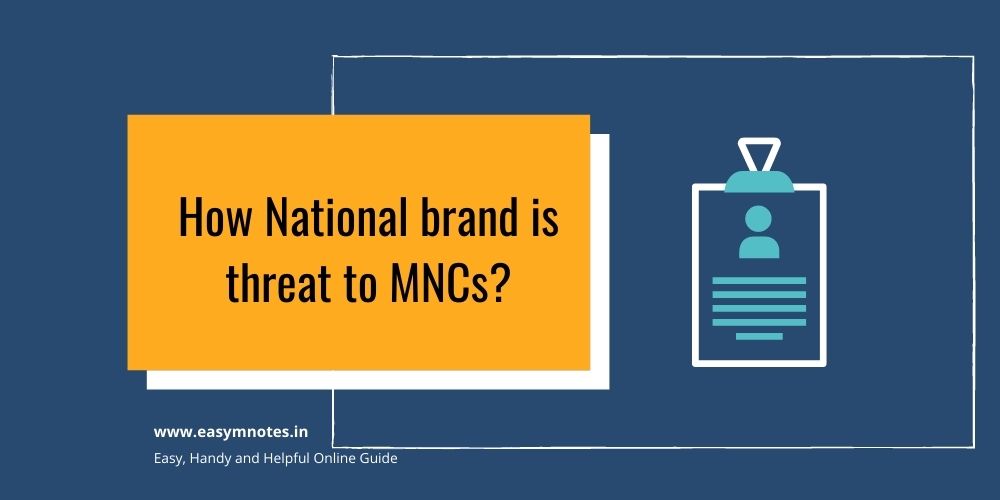
Today MNCs are facing stiff competition from home grown National Brands in various sectors like MDH, Ptanjali in FMCG sector and Lava, Intex, Micromax etc. electronic sector and many more. Though the MNCs are pumping millions of dollars every year on their research and development and perhaps pumping more money on advertisements to rule the market but home grown brands like Patanjalai, MDH and other similar startups with lesser price range, better penetration in market, reliability quotient, product availability have also slowly and steadily carved a niche for their presence.
The success story of Patanjali among all these home brands has become an epic. Even without having any brand ambassador The Baba Ramdev owned Patanjali in a very short span of time has made its presence felt in the FMCG (Fast moving consumable goods) sector. With cheap but good products, consumer’s belief in purity and open vocal criticism again MNCs, has made Patanjali to achieve a lot in a short span of time which is remarkable. The people too relate Baba Ramdev not less than any movie star, as it is Baba Ramdev who has brought yoga into every body’s life.
Besides above mentioned reasons growing inclination of people towards less chemicals and Ayurvedic properties is also a very important reason for the popularity of our national brands. The major potential consumer of brands like Patanjali belongs to small town, villages and lower middle class. Similarly brands like MDH which boast of a common man’s story and his struggle from rags to riches makes his consumers to relate to him more than any MNCs. The ad campaigns of these brands are also very meticulously designed so as to relate more to a common man who lives in villages, small towns then to ad campaigns of MNCs which usually targets customers of big cities.
One very interesting thing is found with the home grown brands is that initially they were launched as a counter blast to the MNCs with very low pricing, though as they grew the pricing has grown too and today prices have come to equal footings and in some cases more than MNCs. For example, Patanjali ghee is more expensive then Nestle Ghee. Similarly tooth brushes are at equal pricing with brands like Oral B. And still people don’t hesitate to pay as branding has become so hostile and aggressive that no other name comes on tongue.
The other reason is opening of small exclusive brand stores which serve every product in abundant numbers. Surprisingly what Ayurvedic brands like Zandu, Dabur and Baidyanath could not do in sixty years, Patanjali achieved the same in a span of 7-8 years.
Thirdly with instincts of people shifting towards Ayurveda and purity and latest controversies like pests in cold drinks, Maggie controversy and other similar issues, people rests their belief in home grown brands which also boast of ‘Make in India’ slogan.
It is speculated that with the similar growth brands like Patanjali and MDH which don’t generate money from equity are more robust brands than MNCs with their business roots embedded in other countries too and even a minute slip in the global economy affects them adversely.
India is world’s biggest open market with rapidly growing economy and present government too has launched Make in India campaign. With aggressive marketing, less profits ratios and doubts about MNCs quality claims, market and people are growing skeptical towards MNCs with inclination towards Home Brands. Therefore MNCs have to be ready to take a hit on their valets.
- How to Succeed in MBA Entrance Exams 2025: Secrets and Strategies - January 18, 2025
- Challenges of Integrated Marketing Communication - October 27, 2024
- What Does A Business Development Manager Do? - April 8, 2024
